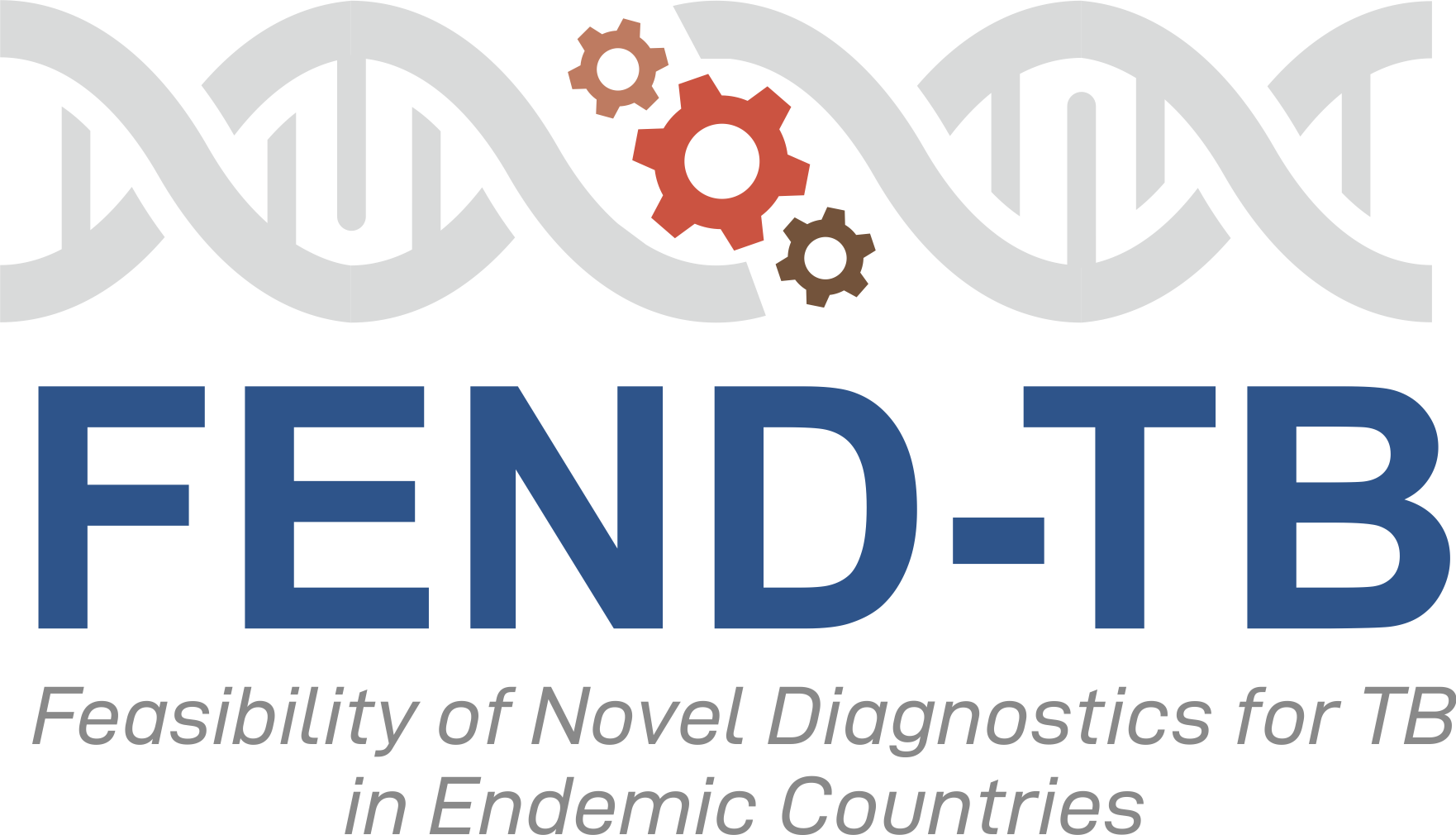Pediatric Protocol

The World Health Organization now estimates an annual incidence of just over one million pediatric TB cases worldwide. Despite significant advances in TB diagnostics in the last decade, these advances have not critically impacted pediatric TB. The true disease burden is difficult to ascertain as most children with TB are never diagnosed by standard microbiological methods. As a result, under-diagnosis of children with TB is common, specifically in high-burden settings, leading to high childhood mortality, specifically among children < 5 years of age. Moreover, pediatric TB is often only recognized post-mortem.


Rinn Song
MD
New approaches to the diagnosis of TB in young children are urgently needed. Among the high-priority needs are:
- Tests that can be used at the POC
- Non-sputum-based tests
- Tests that can accurately identify the children with TB currently classified as microbiologically negative
The study concurrently evaluates, optimizes, and develops more sensitive, non-sputum-based diagnostics for children < 5 years of age applicable at POC and proposes an enhanced reference standard that can be applied to unconfirmed as well as confirmed TB.
The FEND Pediatric program enrolls participants from 2 in-country sites in Peru and Uganda.
Mulago/Baylor
Jinja
Cayetano Heredia
San Bartolome
FEND-TB Pediatric Protocol Status
% of Total Enrolled Participants
N = 639

79.46% Confirmed MRS -ve • 29.32% irmed TB case eMRS +ve & MRS +ve • 10.51% Pending additional results
MRS – Microbiological Reference Standard • eMRS – Extended Microbiological Reference Standard
Updated September 2024


